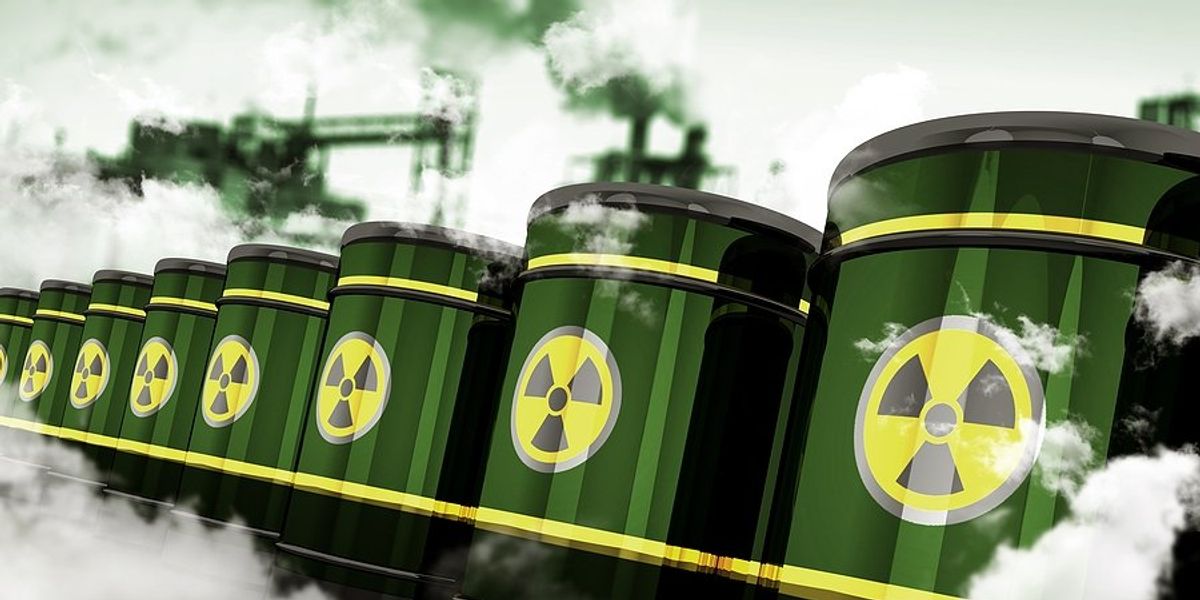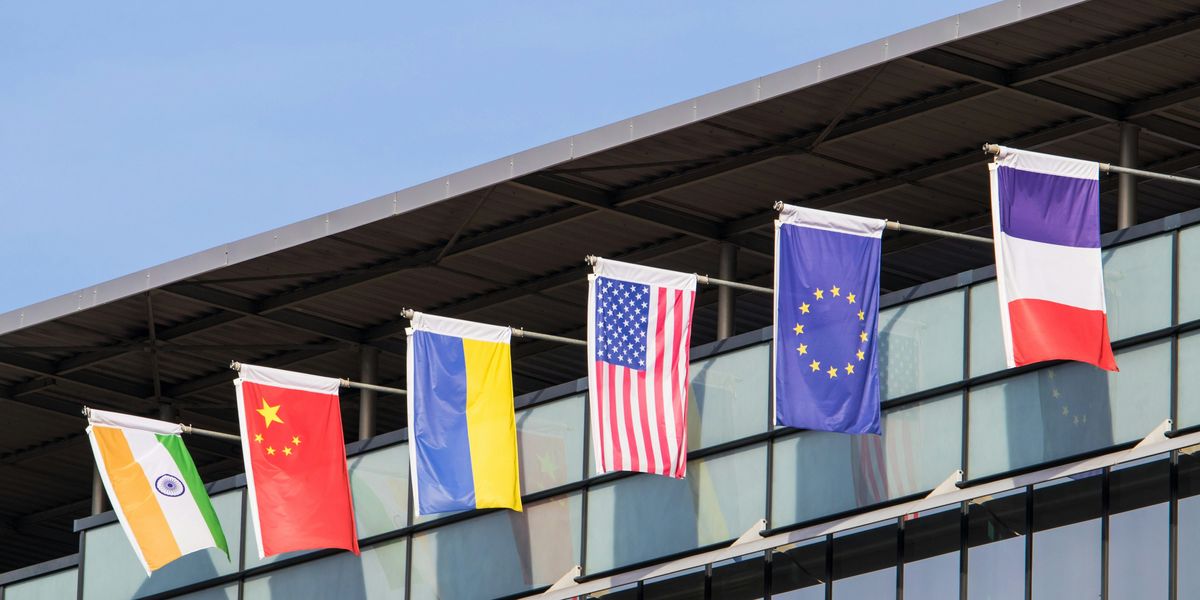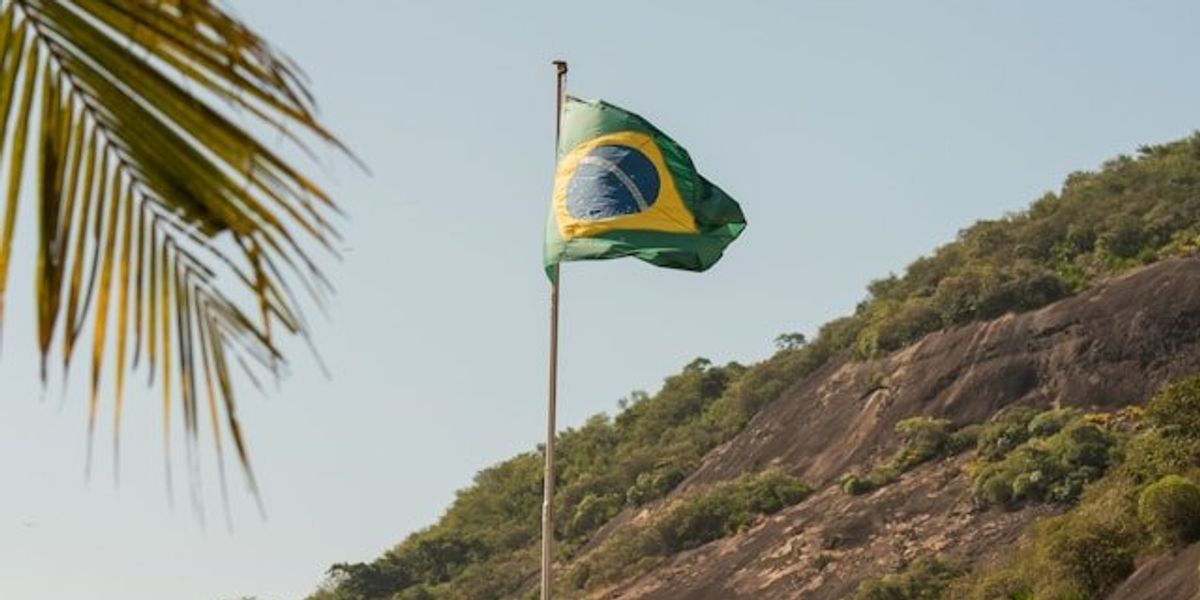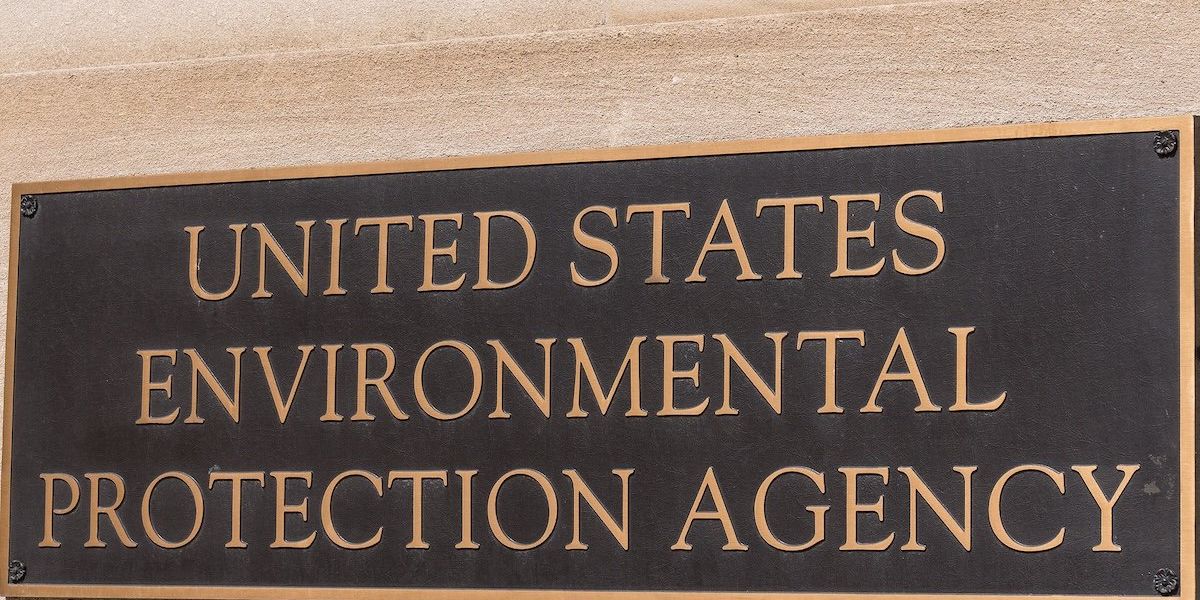herbicides
For better or worse, invasive phragmites is here to stay
Few phenomena of the past century have altered the landscape and the ecology of the Chesapeake Bay, experts say, as much as the invasion of a straw-like saltmarsh weed from the opposite side of the world.
Roger Smith/Flickr
How can nature-killing agriculture be more sustainable?
The farming system that feeds the world is the biggest killer of biodiversity. It does so by destroying habitats, overusing fertilizers, pesticides and herbicides, and creating vast monocultures. But there are solutions.
John S. Quarterman/Flickr
Secret files suggest chemical giant feared weedkiller’s link to Parkinson’s disease
Cache of documents seen by Guardian detail effort to refute scientific research into paraquat and derail nomination of key EPA adviser.
Oregon Department of Agri/Flickr
Republican congressmen push for environmental impact study on cannabis
Two GOP congressmen have issued a letter to four major cabinet heads urging lawmakers to study the environmental impacts of growing cannabis before Congress continues to discuss legalization initiatives.
geopungo/Flickr
How to plan a sustainable diving holiday
As the scuba phrase goes, “take only pictures and leave only bubbles”—a mantra to keep coral reefs healthy.
Laura Pontiggia/Flickr
Monarch butterflies are officially endangered
Renowned for their impressive migrations of more than 6,400 kilometers (4,000 miles) over several generations, the monarch decline is driven by habitat loss, herbicide and pesticide use, logging at overwintering sites in Mexico, urban development and drought.
What the insect crisis means for food, farming—and humanity
Journalist and author Oliver Milman discusses the findings of his new book, how declining pollinator populations could harm vulnerable communities, and the most promising solutions.
ORIGINAL REPORTING
MOST POPULAR
CLIMATE



















